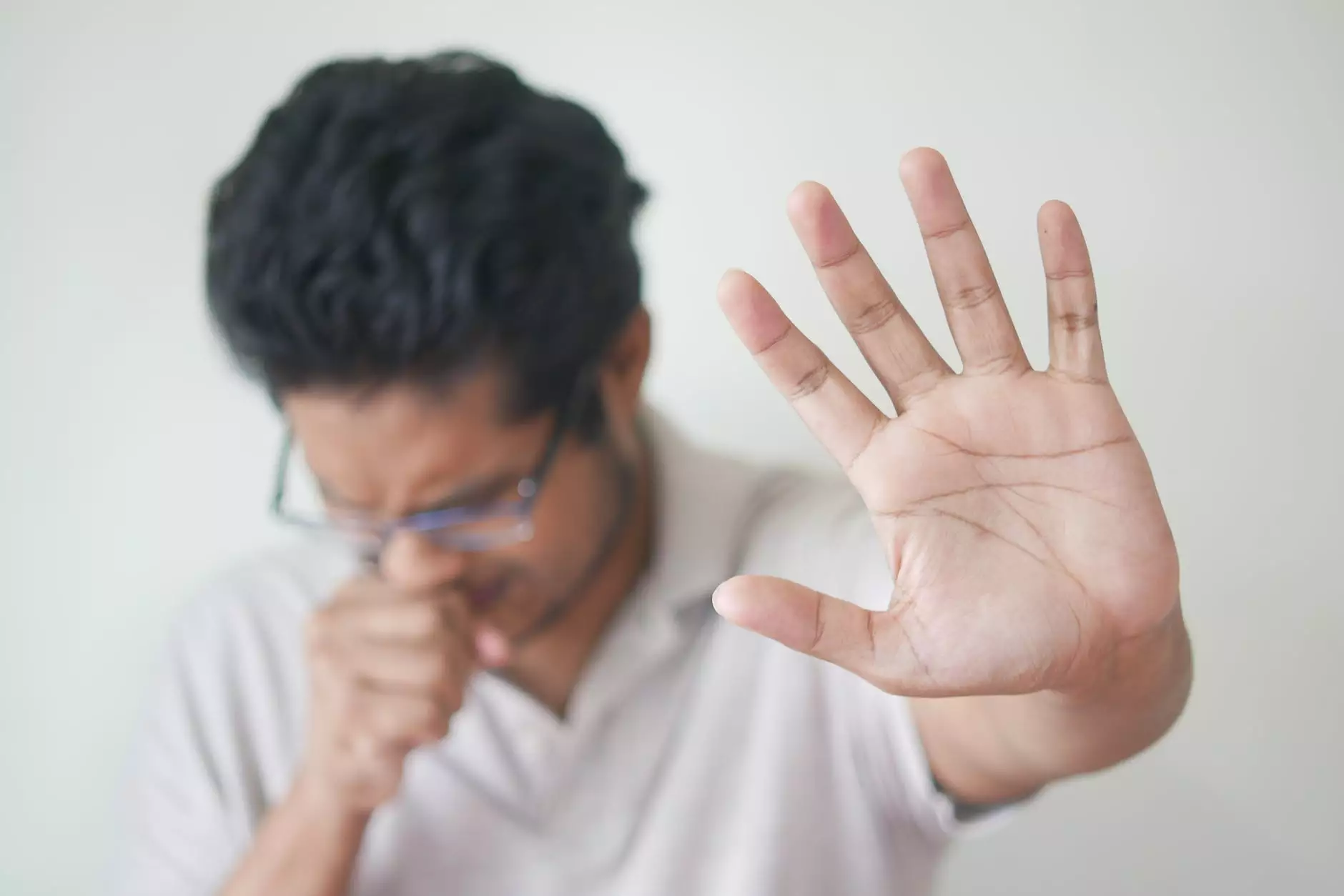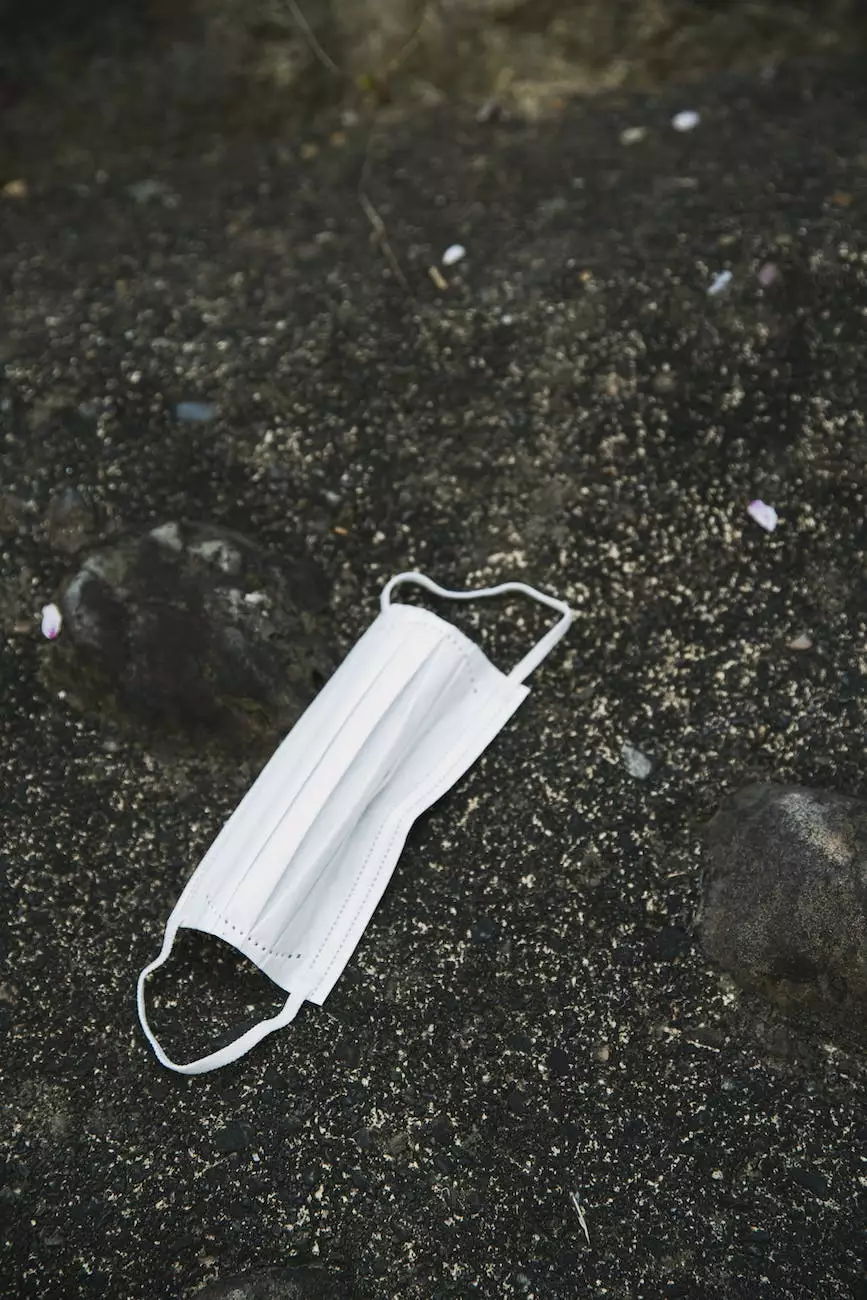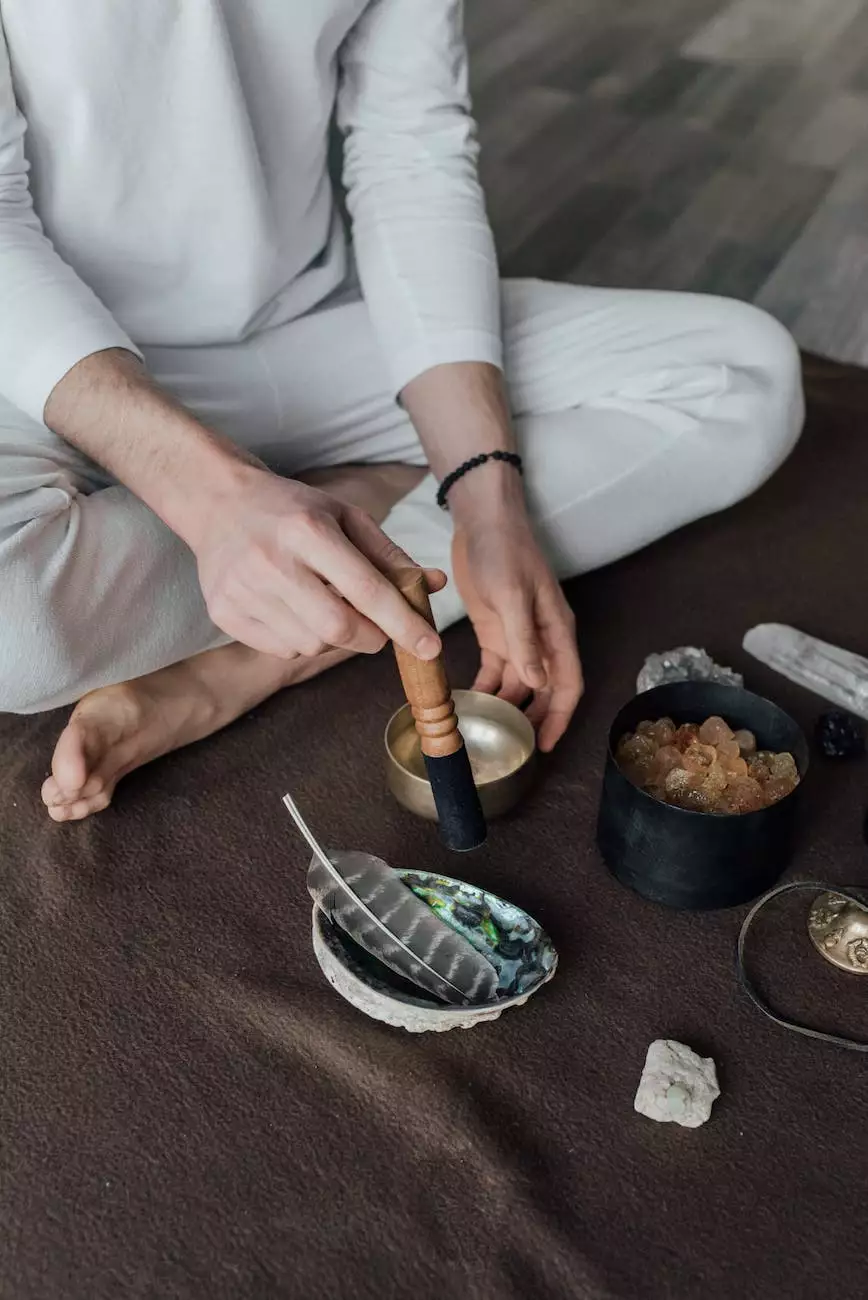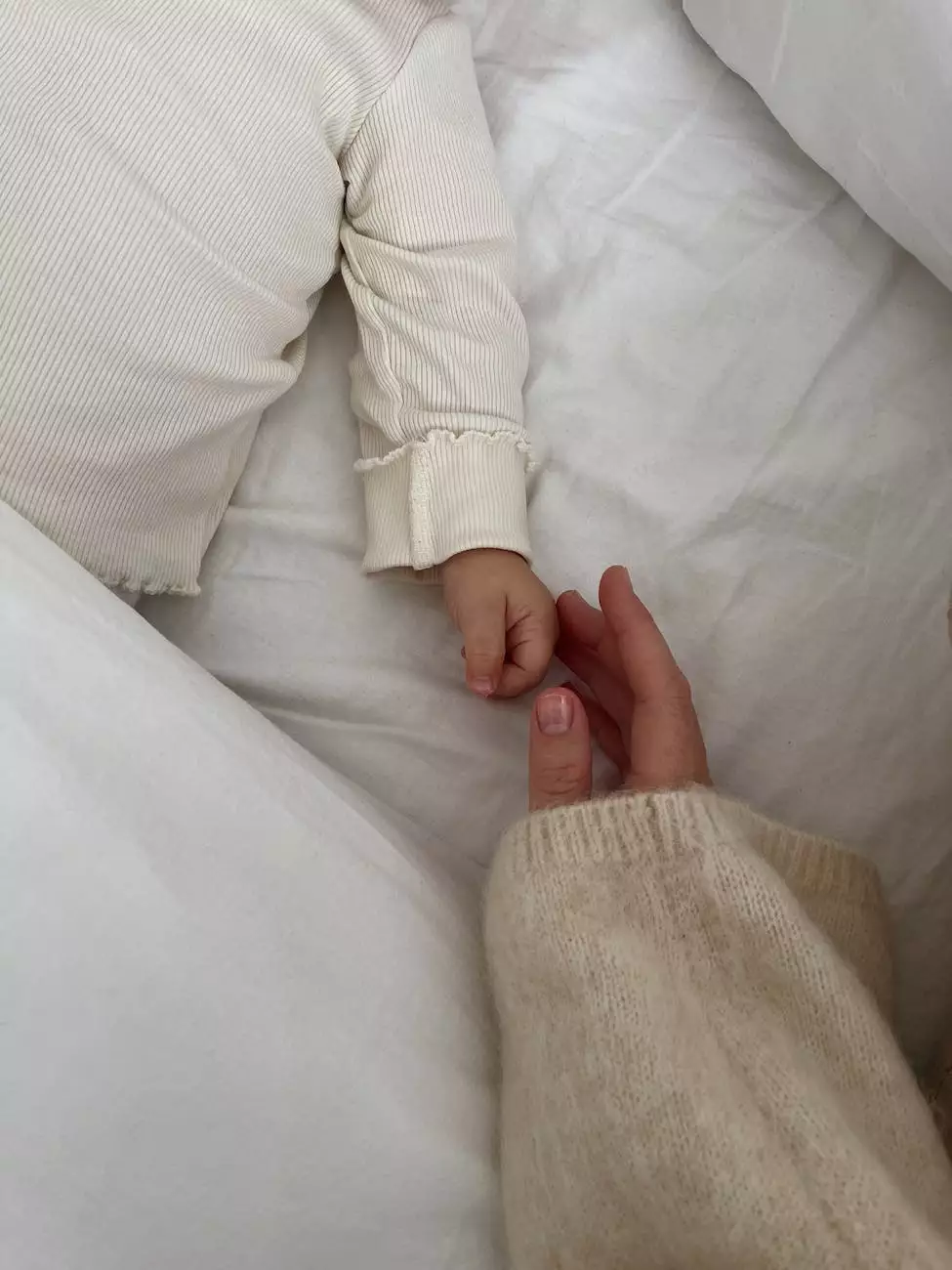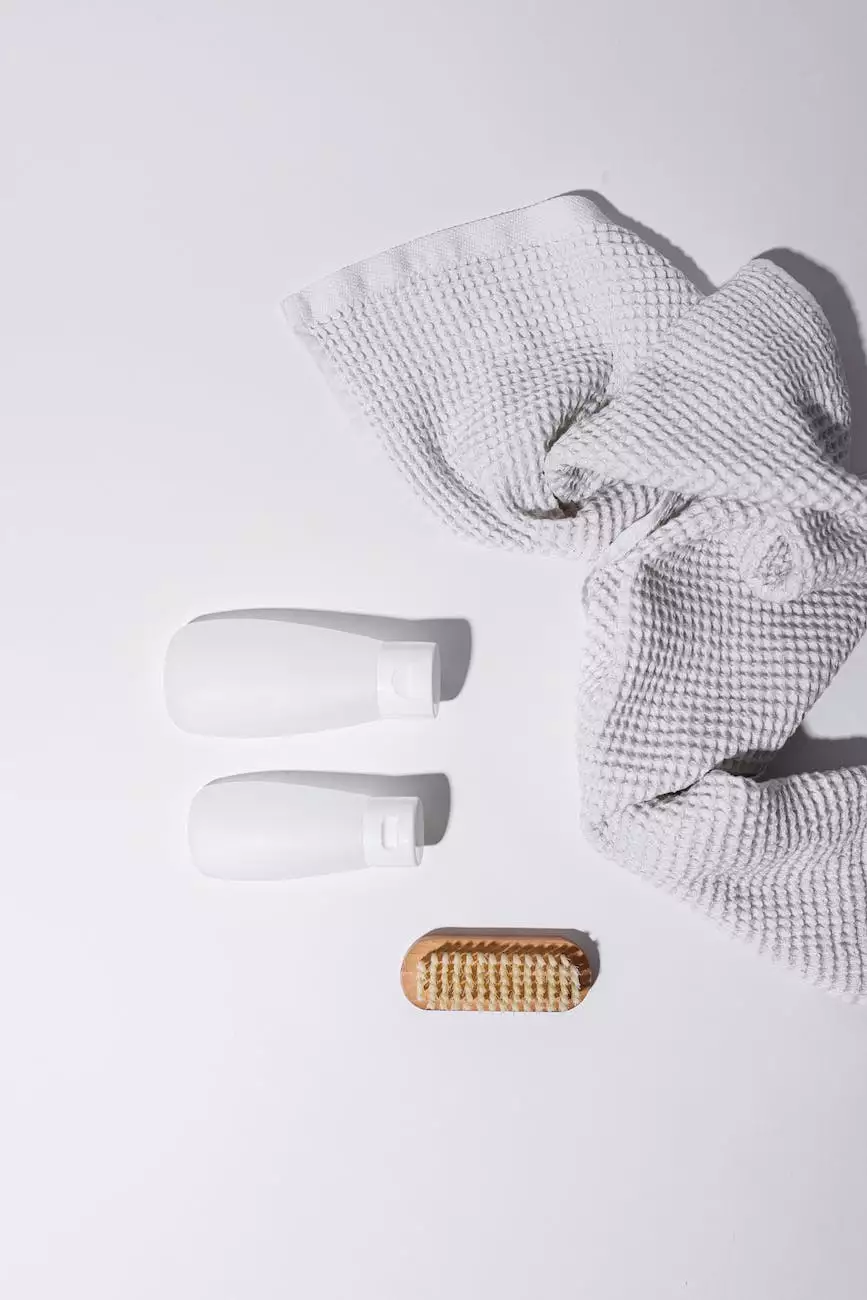Eczema Healing Stages: Signs and How to Reduce Flare-Ups
Services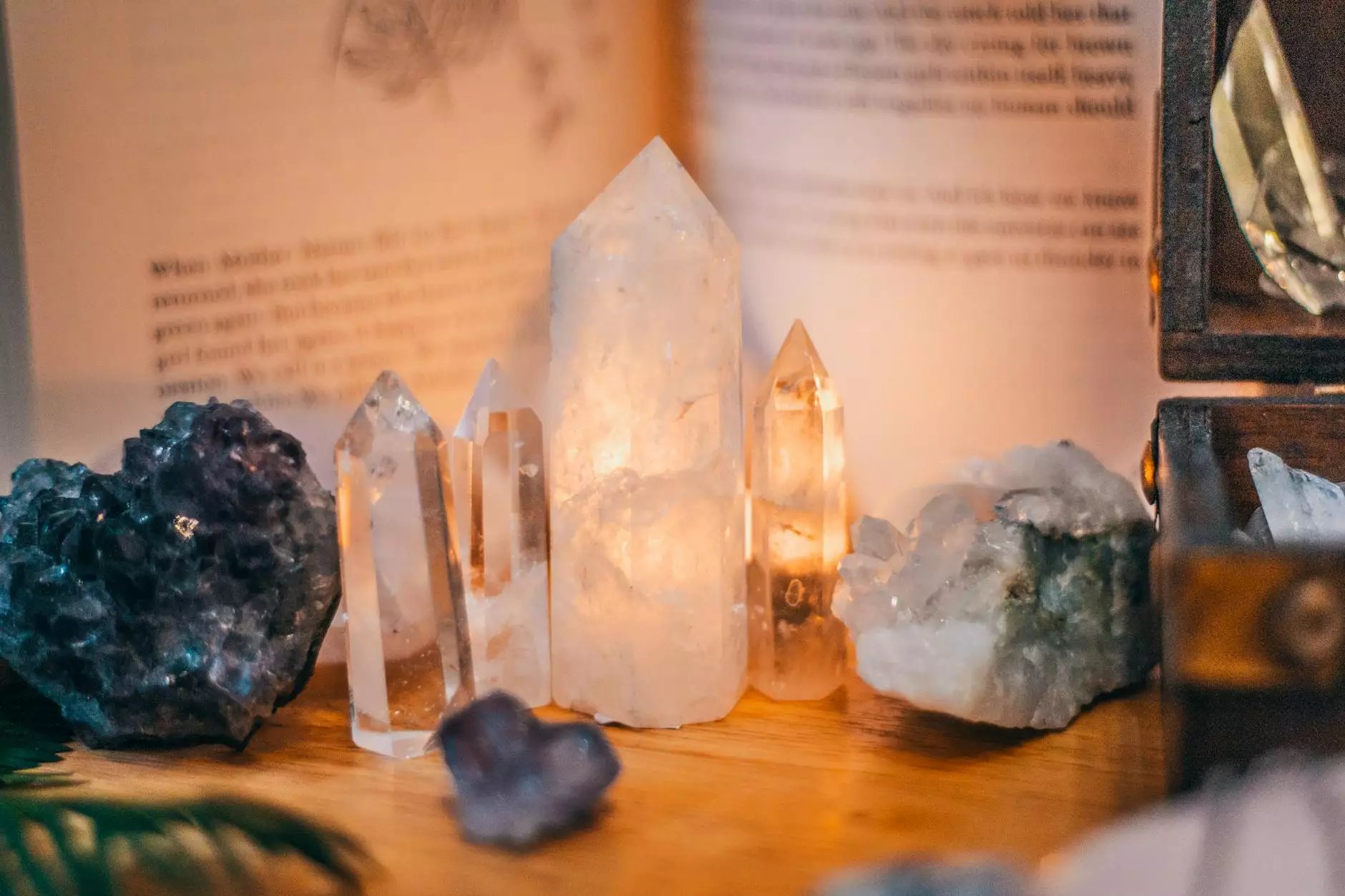
Welcome to the comprehensive guide on eczema healing stages and how to effectively reduce flare-ups. If you or a loved one are dealing with eczema, you're in the right place. Dr. Benjamin Shettell, MD, a renowned dermatologist, provides expert insights and practical tips to help you understand the journey of eczema healing and ways to manage this skin condition.
The Basics of Eczema
Eczema, also known as atopic dermatitis, is a chronic skin condition that affects millions of people worldwide. It often begins early in childhood, but adults can also develop eczema. The symptoms of eczema may vary from person to person, but the most common signs include:
- Irritated and inflamed skin
- Intense itching
- Dry, scaly patches
- Blisters or oozing sores
- Rough and leathery skin
- Redness and swelling
If you or your child experiences any of these symptoms, it's essential to understand the eczema healing stages and implement effective strategies to manage and reduce flare-ups.
Understanding the Eczema Healing Stages
Eczema healing is a complex process with different stages. It's important to acknowledge that each individual's healing journey may vary, but understanding the general stages can provide insights into what to expect and how to take proactive measures for optimal healing.
Stage 1: Inflammation and Flare-Up
During this initial stage, eczema manifests itself through intense inflammation and flare-ups. The affected skin becomes red, itchy, and swollen. It may feel hot to the touch and become more sensitive. At this stage, it's crucial to identify triggers that can aggravate eczema symptoms. Common triggers include:
- Environmental factors such as extreme temperatures or humidity
- Irritants like harsh soaps, detergents, or allergens
- Stress and emotional factors
- Dietary choices
- Certain fabrics or clothing materials
- Infections or allergies
Dr. Benjamin Shettell, MD, recommends keeping a diary to track potential triggers and avoid them as much as possible. Creating a personalized care routine and using gentle, fragrance-free skincare products can help manage inflammation and minimize flare-ups.
Stage 2: Intense Itching and Scratching
The second stage of eczema healing often involves persistent itching and scratching. Itchiness can be overwhelming and disruptive, leading to discomfort and sleep disturbances. Excessive scratching can further damage the skin barrier and increase the risk of infection.
Dr. Benjamin Shettell, MD, advises patients to keep nails short, wear cotton gloves at night to prevent scratching, and apply a moisturizer regularly to soothe the skin and alleviate itching. Additionally, using cold compresses or taking cool baths with mild, moisturizing cleansers can provide temporary relief.
Stage 3: Skin Dryness and Flaking
As the eczema healing process continues, the intense inflammation subsides, but the skin remains dry and may start to flake. Adequate moisturization is crucial during this stage to restore and strengthen the skin barrier. Look for fragrance-free, hypoallergenic moisturizers and apply them immediately after bathing while the skin is still damp.
Dr. Benjamin Shettell, MD, often recommends using emollients containing natural ingredients such as ceramides, shea butter, or colloidal oatmeal as they provide intensive hydration and protection to the skin.
Stage 4: Healing and Maintenance
In the final stage of eczema healing, the affected skin shows signs of improvement. It becomes less inflamed, and the itching subsides. However, it's essential to continue practicing good skincare habits and following a maintenance routine to prevent future flare-ups.
Strategies to Reduce Eczema Flare-Ups
While understanding the eczema healing stages is crucial, taking preventive measures to reduce flare-ups is equally important. Here are some effective strategies recommended by Dr. Benjamin Shettell, MD, that can significantly minimize the recurrence of eczema:
- Avoid known triggers: Identify and avoid external factors, irritants, or foods that trigger your eczema symptoms.
- Maintain a consistent skincare routine: Cleanse gently with mild cleansers, moisturize regularly, and avoid excessive cleansing or scrubbing.
- Keep the skin well-moisturized: Apply a suitable moisturizer multiple times a day, especially after bathing, to lock in moisture and prevent dryness.
- Wear gentle and breathable clothing: Choose soft, natural fabrics like cotton and avoid synthetic materials that can cause irritation.
- Manage stress levels: Practice stress reduction techniques such as meditation, yoga, or engaging in hobbies to minimize emotional triggers.
- Seek professional advice: Consult a dermatologist like Dr. Benjamin Shettell, MD, for personalized treatment plans and advice tailored to your specific condition.
Remember, every individual's experience with eczema is unique, and finding the right approach may require patience and persistence. Dr. Benjamin Shettell, MD, and his team are dedicated to helping you navigate your eczema journey with compassion and expertise.
Conclusion
Eczema healing stages involve a dynamic process with various signs and symptoms. By understanding the different stages and implementing proactive strategies, you can effectively manage and reduce eczema flare-ups. Trust the expertise of Dr. Benjamin Shettell, MD, an experienced dermatologist specializing in eczema treatment, to guide you on your healing journey. Take control of your eczema today and experience the freedom of healthy, comfortable skin.

